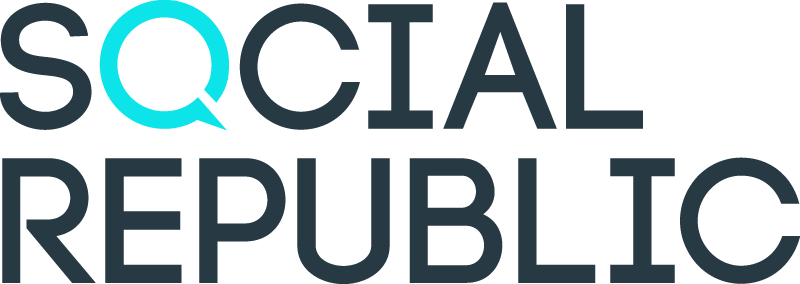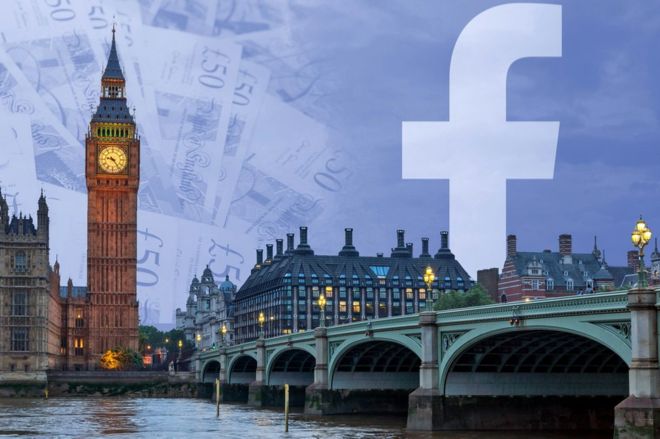Facebook has set out extra measures for fighting the spread of disinformation at the next UK election.
These include extending its partnership with fact-checker, Full Fact, and improving the ad library in which political ads are archived.
Furthermore, it declared separate plans for the 2020 US Presidential vote, including a way to track how much each candidate spends on Facebook ads.
Facebook commenetd that it continues to be a target for foreign influence campaigns.
The chief of the company’s cyber-security declared his team had just removed four distinct networks of accounts, pages and groups from Facebook and Instagram.
“Three of them originated in Iran, and one in Russia – they targeted a number of different regions including the United States, North Africa and Latin America,” said Nathaniel Gleicher.
The Russian operation showed some links to the Internet Research Agency and had the hallmarks of a well-resourced operation.
“They took consistent operational security steps to conceal their identity and location, and it appears that this operation was still in the early stages, and was focused on trying to build its audience when we took it down.”
Richard Allan, the vice president of Facebook policy solutions, declared its plans for an expected UK election in an article for the Daily Telegraph.
He added it would also set up “a dedicated operations centre” for the UK if an election is declared.
More, “The centre’s job would be to quickly remove content which breaks Facebook rules”
However, he reiterated that it would not be Facebook’s job to “fact check or judge the veracity of what politicians say.”
All political ads, including ads in the UK on social issues such as immigration, health and the environment, will be subject to verification of the identification of the poster, and stored in the firm’s political archive, searchable by anyone, whether or not they are a member of Facebook.
The library, designed to make political ads more transparent and trackable, has faced criticism for being difficult to use because of bugs and crashes.
In July 2019, The New York Times covered the case of a researcher from Mozilla who reported a bug which crashed the library after 59 pages of results.
Facebook replied that the issue was “unfortunately a won’t fix for now” although it later said it had resolved the problem.
Mr Allan also pledged to offer all political candidates a dedicated channel for reporting harassment.
In 2010, Full Fact was co-founded by Conservative party donor Michael and it operates as a charity.
In September it classified that a Conservative party advert had featured a BBC article with an altered headline.
Facebook has later removed the ad. Full Fact declared that various versions of the headline would have received up to 510,000 impressions, although that could have included multiple viewings by one person.
“Images and videos on Facebook which assess to be untrue will now be more clearly labelled as false, and we’ll continue pointing people to reports which debunk the myth,” said Mr Allan.
“Our algorithm also heavily demotes this content so it’s seen by fewer people and far less likely to go viral.”
“While we can never say for sure that there won’t be issues in future elections, we are confident that we’re better prepared than ever,” he said.

